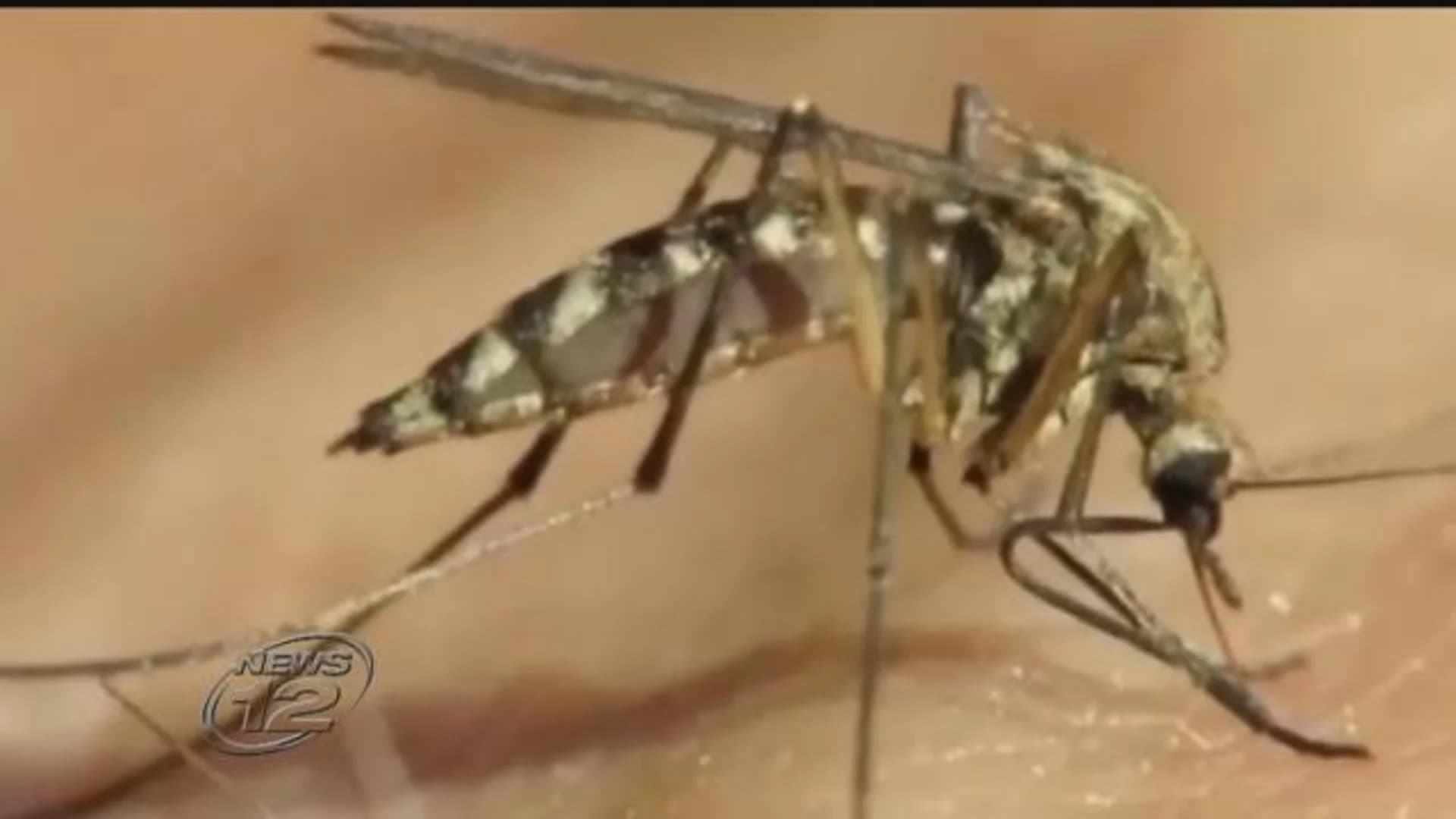
New Jersey residents are on alert after at least three people in the state contracted Eastern Equine Encephalitis – a mosquito-borne illness.
Human cases were reported in Atlantic, Somerset and Union counties.
A mosquito from a mosquito pool in Berkeley Heights tested positive for the virus, prompting Mayor Angie Davanny to take action.
"We aggressively went into public spaces, particularly where children and seniors may be, and made sure those areas were aggressively treated, she says.
Eastern Equine Encephalitis is spread when mosquitoes bite birds and then bite humans and horses. So far, this year there have been 15 human cases nationwide in five states.
Dr. Edward Lifshitz with the New Jersey Department of Health says that it is rare for New Jersey to see human cases of the virus.
“Seeing three cases like we are seeing this year is a significant increase. That catches our attention,” he says.
Health officials say that there have been 10 cases of the virus reported in horses and alpacas in New Jersey. The health department conducted tests of mosquito pools statewide and found the virus present in mosquitoes in 13 counties - the largest number of pools to test positive in the last 15 years.
"It's not just New Jersey. The entire eastern part of the United States, which is the part of the country that typically sees it, has been seeing an increase as well. As to why this year and why now we don't know for sure,” says Lifshitz.
If the virus progresses to encephalitis, it can cause brain swelling, high fever and neurological difficulties. The virus kills one-third of those who get to that point, according to officials.
"The good news is that most people get bitten probably won't develop symptoms at all and many people who develop symptoms, the symptoms will be mild and essentially indistinguishable from many other things. Meaning low-grade fevers, body aches and that sort of thing,” Lifshitz says.
There is no vaccine for humans but there is one for horses. A blood test is the best way to indicate if a person has the virus.
Health officials say that this isn't a health crisis. But that it is something to be concerned about. They want to remind people to take the necessary precautions against mosquitos, such as limiting time spent outdoors and staying away from standing water.
More from News 12
2:22

Fire captain injured battling residential fire in Paterson, 1 person unaccounted for
1:41

New Jerseyans among thousands of stranded Americans in the Middle East urged to leave immediately
0:17

Firefighters quickly extinguish tractor-trailer blaze in Fairfield
0:29

Carteret man charged with damaging the Brooklyn headquarters of the Chabad-Lubavitch
2:29

RAINY DAYS: Periods of showers move across New Jersey, melting snow and creating puddles
